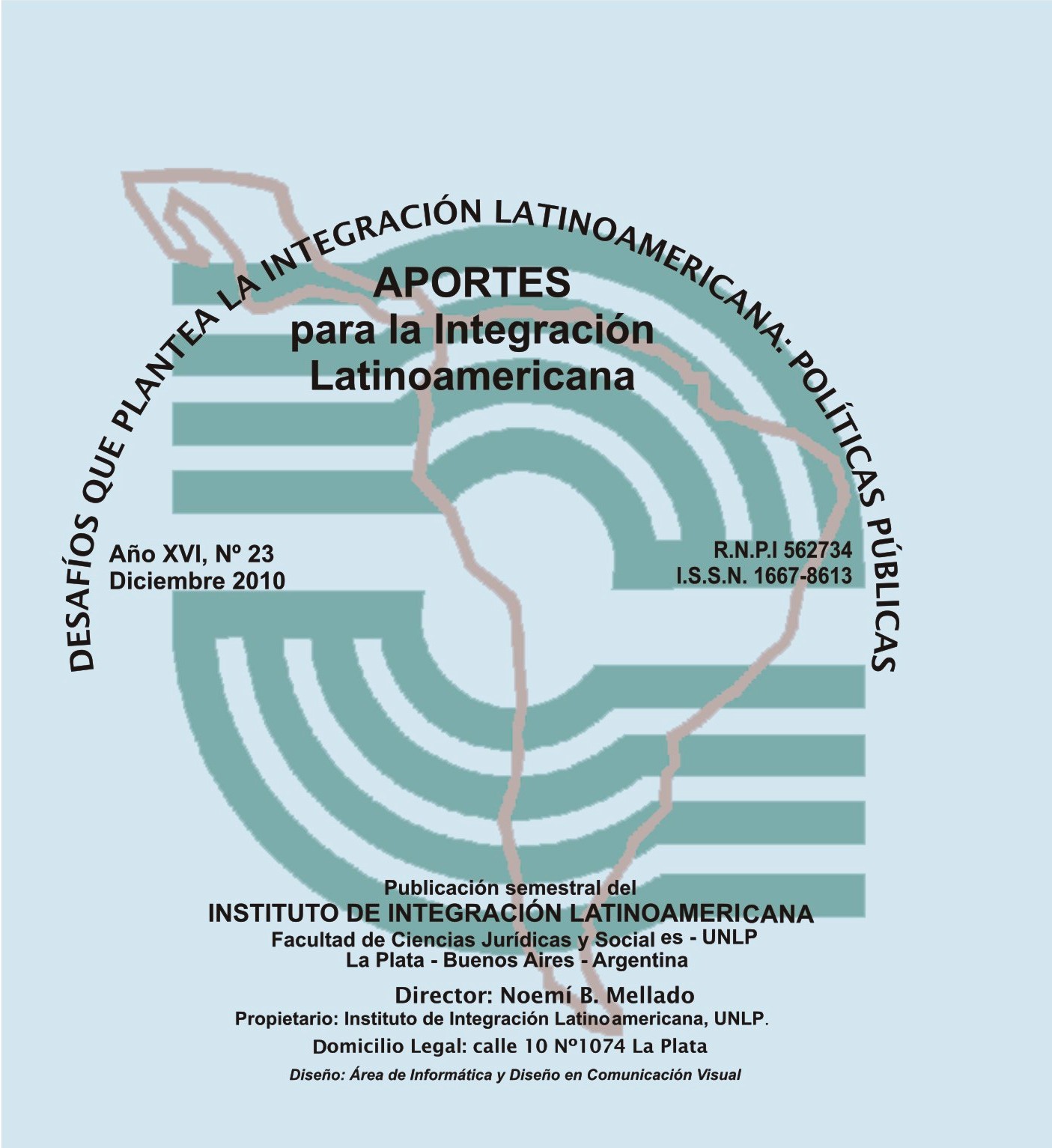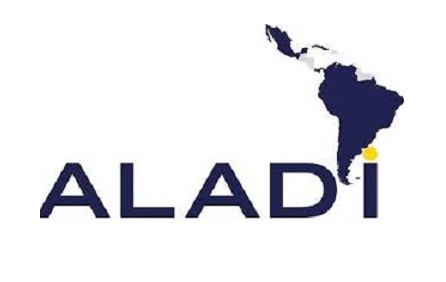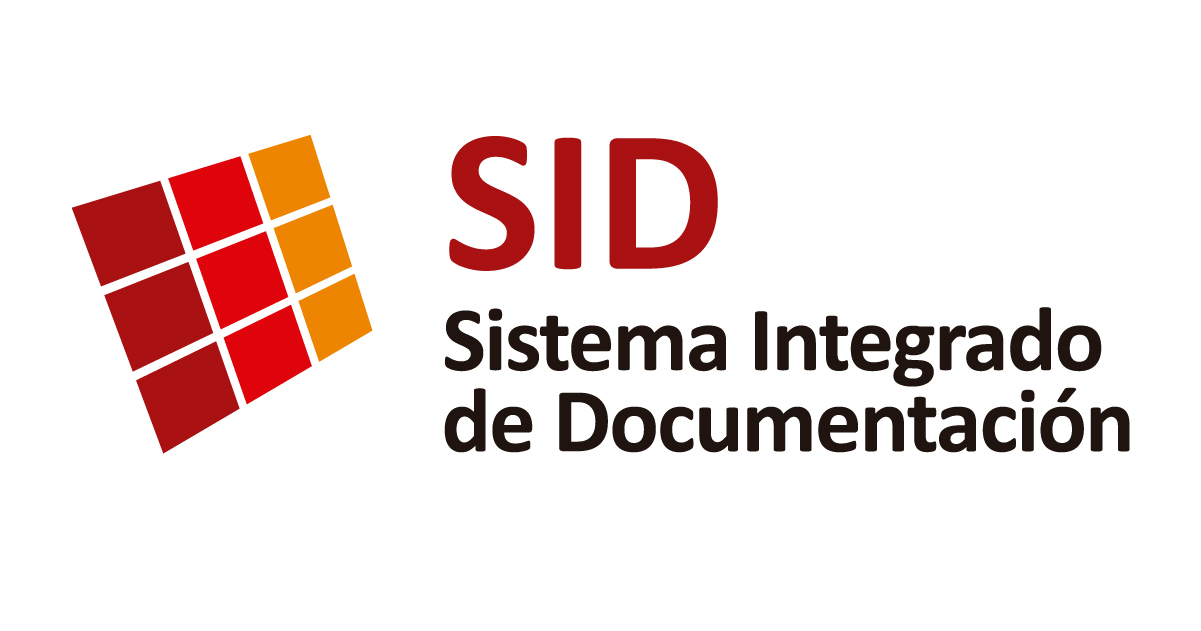International Policy of Brazil, construction of the area South American and transition of the International System
DOI:
https://doi.org/10.24215/24689912e1%20-%2022Keywords:
Brazil, International System, UNASUR, GovernanceAbstract
Abstract
The article presents the prospects and limitations of Brazilian international policy in the transition of the international system. To this effect we start from a conceptual and methodological framework to analyze the transition, starting from the changes that took place in the 1990´s of the last century (end of the bipolar system and expansion of capitalism). It introduces four analytical levels: the balance of power, the operating principles of the international system, the construction of a national-regional governance, and the systemic conditioning. Brazilian international system is discussed from these four analytical levels. The paper analyzes the limits and perspectives that generate the various initiatives driven by Brazil. Including South American regional building and emphazises the importance of the contents assigned to the various regional players.
Downloads
Metrics
Downloads
Published
How to Cite
Issue
Section
License
Obras bajo licencia CC-BY-NC-ND
Esta licencia no permite la generación de obras derivadas ni hacer un uso comercial de la obra original, es decir, sólo son posibles los usos y finalidades que no tengan carácter comercial.


































